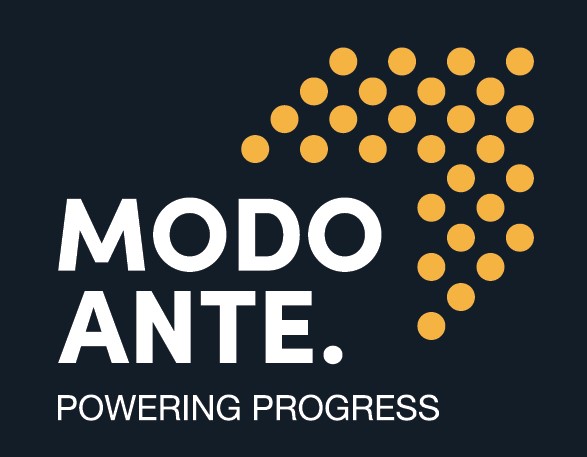Effective governance is a cornerstone of economic development, providing the stability and structure necessary for a thriving society. When governance is done right, it creates an environment where institutions are accountable, transparent, and responsive to the needs of citizens. This, in turn, fosters economic growth and prosperity. But what does effective governance really mean, and why is it so crucial for economic success?
Good Governance: The Key to Economic Success
Imagine governance as the recipe for a successful dish. Just like in cooking, if you get the ingredients right, the result is something everyone enjoys. But if you miss a step or use the wrong ingredients, the outcome can be far from appetizing. Similarly, good governance is essential for unlocking economic success. It lays the foundation on which businesses can thrive, citizens can prosper, and society as a whole can flourish.
What Constitutes Good Governance?
So, what are the key ingredients of good governance? Here are some essential elements:
- Fairness: A set of rules that are clear, consistent, and apply to everyone equally.
- Transparency: Decision-making processes that are open, honest, and accessible to the public.
- Accountability: Leaders who are responsible for their actions and decisions.
- Inclusivity: Ensuring that all members of society have a voice and are represented.
- Effective Institutions: Organizations that are capable of delivering on their promises and meeting the needs of the public.
The Benefits of Good Governance
When governance is effective, the results are transformative:
- Attracting Investors: A stable and predictable environment draws in businesses, which in turn creates jobs and stimulates the economy. For example, countries with high levels of governance transparency, like Denmark and New Zealand, consistently attract foreign investment due to their reliable and predictable business environments.
- Economic Growth: Good governance encourages innovation and entrepreneurship. According to the World Bank, countries with strong governance frameworks typically see higher GDP growth rates. For instance, Singapore’s emphasis on good governance has helped it become one of the world’s leading financial hubs.
- Reduction of Poverty: Efficient allocation of resources ensures that economic benefits are widely shared, reducing poverty. Rwanda’s improvements in governance have led to significant reductions in poverty, with the poverty rate dropping from 57% in 2006 to 38% in 2017.
Improved Quality of Life: Access to quality education, healthcare, and social services is a direct outcome of good governance. In Norway, strong governance practices have led to high levels of public trust and a robust welfare state, contributing to its ranking as one of the happiest countries in the world.
- Environmental Sustainability: Good governance ensures that economic development is balanced with environmental protection, helping to preserve natural resources for future generations.
Challenges to Achieving Good Governance
However, the path to good governance is not without its challenges:
- Corruption: Corruption is a significant barrier to effective governance, eroding trust and diverting resources away from those who need them most. In Nigeria, it’s estimated that the country loses approximately $18 billion annually to corruption.
- Institutional Weaknesses: Inefficient or ineffective institutions can stifle development and prevent governance from being truly effective. Weak judicial systems, for example, can lead to a lack of accountability and unequal application of the law.
- Political Instability: Frequent changes in government or policy direction can create uncertainty, deterring investment and slowing economic progress. In countries like Venezuela, political instability has led to severe economic decline, with inflation rates reaching 1,946% in 2021.
- Social Inequality: When marginalized groups are excluded from decision-making processes, it perpetuates inequality and hinders inclusive growth. Addressing these disparities is crucial for building a more equitable society.
Conclusion: The Role of Modo Ante in Promoting Good Governance
Good governance is the foundation of economic success. By prioritizing fairness, transparency, accountability, inclusivity, and effective institutions, societies can create environments where everyone has the opportunity to thrive. At Modo Ante, we are committed to helping governments and organizations build these crucial governance frameworks. Our expertise in governance reform, institutional strengthening, and capacity building ensures that our clients are equipped to overcome challenges and achieve sustainable economic growth.
We work alongside governments to develop tailored strategies that address their unique governance challenges, fostering environments that attract investment, spur economic growth, and reduce poverty. By partnering with Modo Ante, governments can unlock their full potential, creating a brighter future for all.



